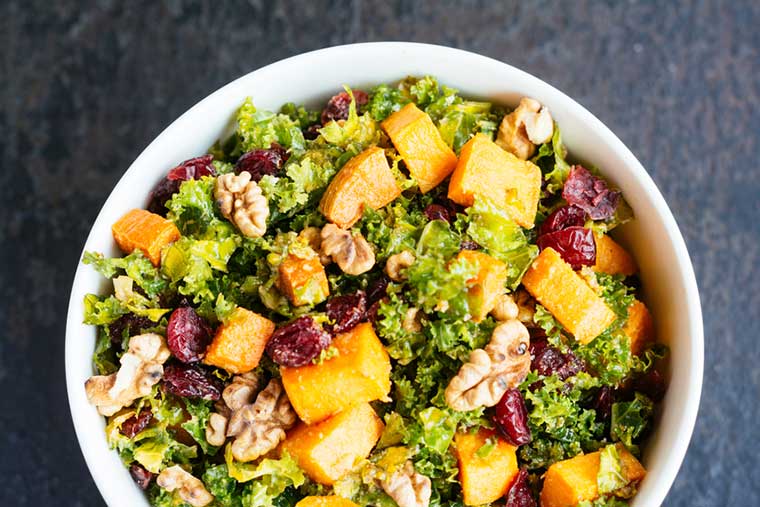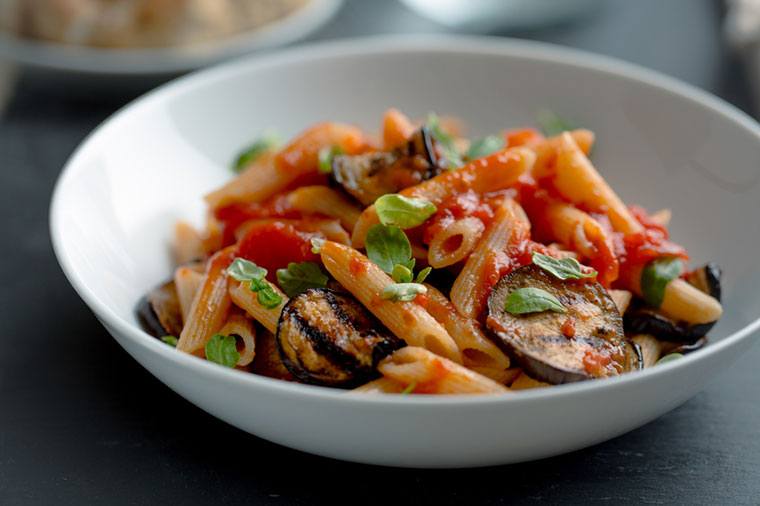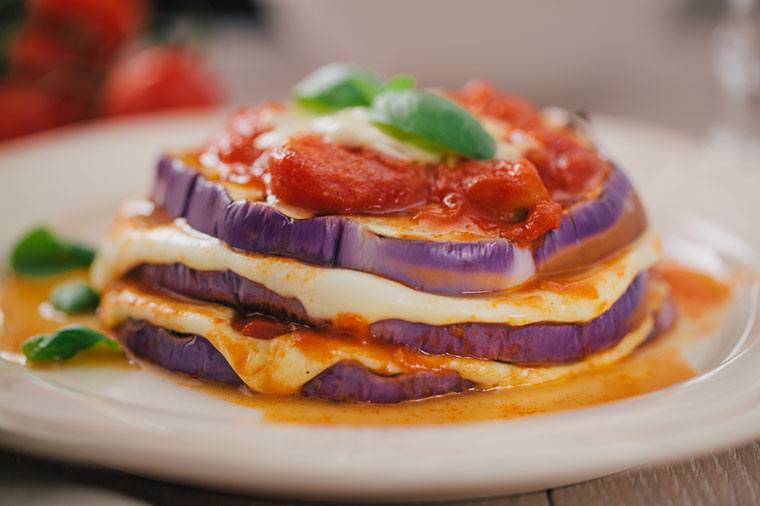Forget Gluten—This Might Be the Actual Cause of Your Health Woes
In his new book, The Plant Paradox, respected heart surgeon and cardiologist Steven R. Gundry, MD, is on a mission to spread the word about lectins, going so far as to say that they cause chemical warfare in the body. He gives a special shout-out to those who suspect they're gluten intolerant, saying that lectins may be the real culprit behind their digestive distress.
So what, exactly, are lectins? And why do they have such a bad rep? Here, Dr. Gundry gives the full scoop.

WTF are lectins?
"Lectins are a protein that plants use to defend themselves," Dr. Gundry explains. "Not all plants want to be eaten—they actually have lives." He explains that when animals eat produce with lectins, it makes them sick so they don't eat them again. When some people eat them, they may feel the same way, but will usually pop a painkiller or antacid in response to their symptoms.
Dr. Gundry says that lectins have also been linked to sadness in animal studies. "When they're digested into the belly of a rat, it becomes really depressed and just sits in the corner," he explains.
"Lectins are a protein that plants use to defend themselves. Not all plants want to be eaten—they actually have lives."
That doesn't go for all fruits and vegetables, however—many have no lectins at all. "Those plants want you to eat them because then you'll poop out [the seeds] with a generous amount of fertilizer," he says. Icky? Maybe. But plants aren't grossed out by poop.
So which foods have lectins and which ones don't? Grains, legumes, and nightshades have them in the highest concentrations. Low on the lectin scale are leafy greens, squash, cauliflower, sweet potato, citrus, berries, and apples.

{{post.sponsorText}}
A diet high in lectins leads to inflammation, which is linked to heart disease, dementia, Parkinson's, and arthritis. And for some people, says Dr. Gundry, the impact of cutting them out has been profound. "I've had a number of patients who were scheduled for a knee or hip operation and after they stopped eating lectins, they canceled their surgery," he says.

Are you intolerant to gluten... or lectins?
Dr. Gundry explains that gluten is a type of lectin. But since lectins are also in other foods, cutting out glutenous meals alone may not solve any of your issues. "Many people with leaky gut think gluten is their troublemaker. It's usually not," he says.
Of course, some people truly are intolerant to gluten. According to Dr. Gundry, the best way to know whether either one's affecting your body is to stop eating any foods with lectins, and then slowly reintroduce the fruits and vegetables, like tomatoes and peppers, to see if your symptoms return. If they do, lectins could be your issue. If not, you can lay off of just the gluten.

How to avoid lectins
Dr. Gundry freely admits that it's almost impossible to escape lectins completely. That said, some foods have more than others, so his advice is to steer clear of the ones highest in lectins if you think they may be contributing to your health issues. And no, gluten isn't one of them. "Gluten is actually a minor lectin," the doctor says.
One easy switch is to swap your brown rice for white. Yep, you read that right. Dr. Gundry notes that Asian cultures known to have long, healthy lifespans eat lots of the latter. "How come four billion people go through the trouble of taking the hull out of brown rice to make their white rice? It's because the hull has all the nasty lectins," he contends.
It's almost impossible to escape lectins completely.
Along with the aforementioned fruits and veggies, other lectin-free foods include seafood, meat, and eggs. In other words, there are still plenty of options when you're busy meal-prepping on Sunday.
Of course, the most important thing is to pay attention to how your body responds. So if you eat a plate of eggplant parm made with fresh tomato sauce and don't feel great after, popping a pill to mask the symptoms may not be the best solution. And if you do decide to opt out of lectins—hey, you'll always have avocados.
Originally published on May 1, 2017. Updated on June 30, 2018.
You know who else shuns nightshades? Sophia Bush—here's how she meal preps without 'em. And if you've done the same and still can't get to the bottom of your digestive issues, you might want to consider going low-FODMAP.
Loading More Posts...